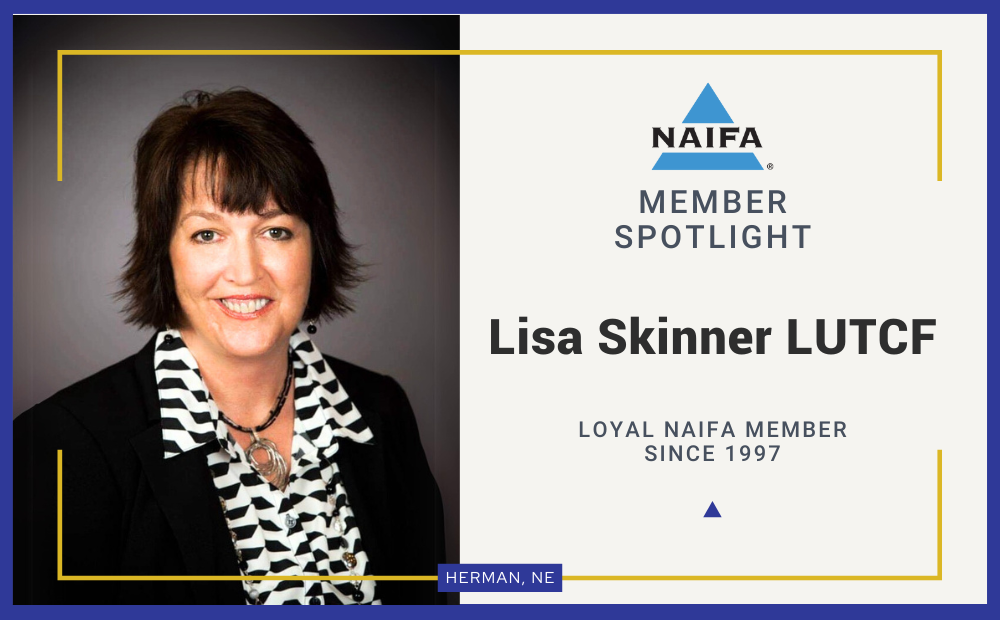The greatest threat to a person’s wealth, according to long term care authority Karen Henderson, can be summed up in one word: longevity.
“Living too long is a threat to your wealth,” Henderson, CEO and founder of the Long Term Care Planning Network, said during a presentation on the topic Monday during the NAIFA Career Conference and Annual Meeting in San Antonio.
Those who plan (and are able) to live with financial security are the fortunate ones. But families with an aging parent or loved one who unexpectedly requires some form of managed care are at risk of draining their financial portfolios, and may have to take it upon themselves to care for their loved ones. The costs for long term care for an individual can run $40,000 to $56,000 a year. Studies show that unpaid family and friends provide the bulk of long term health care services, about $17.5 billion worth of care a year.
With dementia – or cognitive disorders – striking 5 million Americans every year, all families should have a plan on how to care for aging family members who may be at risk of dementia or any other disorder requring long term care, Henderson said. There are several reasons families choose not to have a plan, and Henderson has heard a few:
“Some (consumers) are confident that they will not have use for care planning; others have a lack of awareness and don’t know where to go to get information about it,” she said. Some people do not like the thought of living in a nursing home and think family members will be available to take care of them when the time comes.
Henderson’s advice to agents who sell long term care insurance: “Engage your clients in care planning. Ask questions and get them to establish a need” for the product. Henderson said agents should look for “clues” to their clients’ future well being, such as, does Alzheimer’s run in their family? Do they exercise and eat well? How is their mental health and do they deal with stress in their lives?
There are three words or “hot buttons” that resonate with clients when discussing long term care: independence, dignity, control. “Those three words mean something, and it gets people to take action and think about how to take control over their future now,” Henderson said.
Families that do not make decisions in advance could find themselves in disagreement on critical issues during a time of crisis.
“It's all about timing," Henderson said. "Long term care planning allows families to maintain relationships through supervising care, not providing the care."








.png?width=300&height=300&name=CC%202025%20Ad%20(300%20x%20300%20px).png)
.png?width=300&height=600&name=Tax%20Talk%20Graphic%20-%20email%20tower%20(300%20x%20600%20px).png)



.png?width=300&name=NAIFA-FSP-LH%20with%20tagline%20-%20AT%20blog%20email%20ad%20(300%20x%20250%20px).png)
.png?width=728&height=89&name=2024%20Congressional%20Conference%20(728%20x%2089%20px).png)
